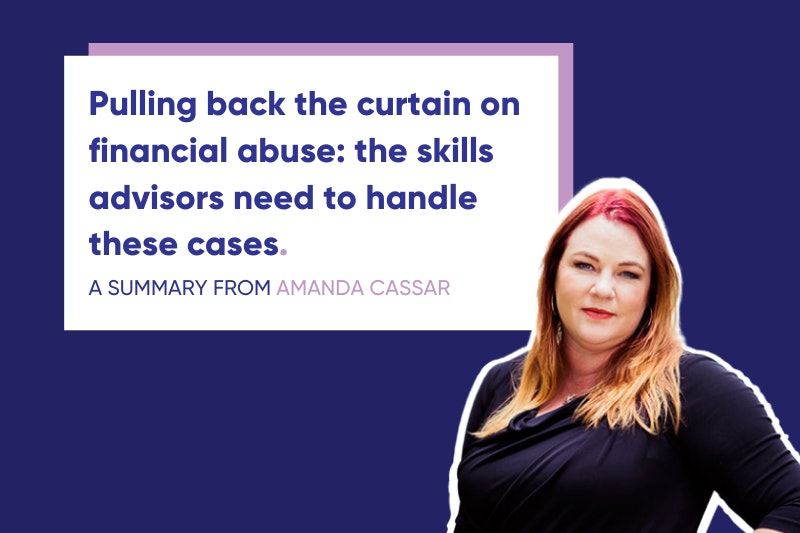Well, I do love to travel and really enjoyed heading to fabulous Melbourne for the Women in Finance Vic (WIF) working lunch. I don’t need much arm twisting to get me to Victoria and was glad to combine some appointments with clients, colleagues and a great lunch.
WIF had combined forces with the Australian Centre for Financial Studies and the Financial Services Institute of Australia (FINSIA) to put on a great lunch in Collins Street to discuss “Finding Parity for Women’s Super.”
A great panel of women leaders representing the Industries of consumer and wealth management sectors discussed:
- Why the Value of women’s super is so much lower than men’s
- Why some women don’t have super and don’t focus on it
- What various sectors of the industry are doing about it; and
- What is and isn’t working
Some of the history of discriminatory superannuation measures against women were highlighted, including the Married Women’s Fund, available for the Public Sector; along with limited or no access to superannuation benefits for working women and the exclusion of super being mandatory for those earning under $450 per month from certain employers.
Need to find a solution to the big problem
As 75-80% of Australians currently access the Age Pension (of approx. $20k p/a) self-funding for retirement is becoming of increasing importance to all.
Not surprisingly, it was highlighted that women often have multiple or many employers, especially for casual work, and an erratic working life, due to pregnancy, child birth and motherhood.
Women are perhaps more disengaged with their funds feeling superannuation saving is for the future, not really important, that their family situation will take care of things. Or that most Advisers are men, and they aren’t really sure about trusting them with their small and unimportant nest eggs.
Anne-Marie Corboy, CEO of HESTA, a large industry fund highlighted that the average balance across their 750,000 members is $29 886 for men, and a bit over $26k for women. Hardly enough to set up for a comfortable retirement, for anyone!
So, what can be done?
Some of the suggestions included constantly consolidating superannuation accounts whenever changing employer, not to ‘lose’ any super funds, make the most of incentives such as the Co-Contribution and Spouse Superannuation schemes and taking a lot more interest and control over your own financial journey.
As one of the Advisers put it, ‘A Man Is Not a Financial Plan!’ So girls, time to engage more with what is yours and ensure every penny is accounted for. And if you need advice, I’d love to give it!





 October 26, 2020
October 26, 2020 




















